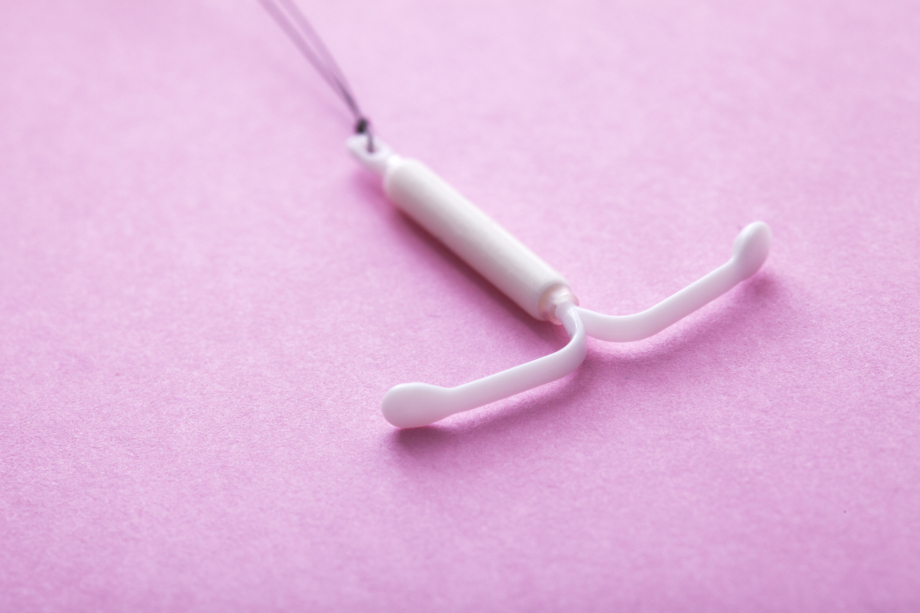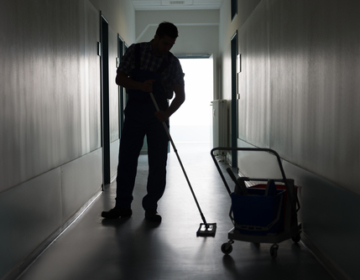Recognising Reproductive Control
Recognising reproductive control can be difficult, especially if the person has difficulty communicating or understanding their situation. Here are some signs:
- Feeling pressured or forced to make certain reproductive choices.
- Having your birth control sabotaged or tampered with.
- Feeling like you have no control over your own reproductive health.
- Experiencing threats or manipulation related to pregnancy or birth control.
Challenges for People with Disabilities
People with disabilities face additional challenges when it comes to reproductive control:
- Communication Barriers: Difficulty explaining their needs or understanding instructions.
- Access to Services: Trouble finding or accessing support services due to physical or systemic barriers.
- Dependence on Caregivers: Reliance on caregivers who may misuse their power.
- Lack of Information: Limited access to information about reproductive rights and health.
Keeping Yourself Safe
If you or someone you know is experiencing reproductive control, here are some steps to help keep you safe:
- Learn About Your Rights: Understand your reproductive rights and health options.
- Use Trusted Healthcare Providers: Find healthcare providers who respect your autonomy and choices.
- Reach Out to Support Groups: Connect with support groups that understand the challenges faced by people with disabilities.
- Document Everything: Keep a record of incidents, including dates, times, and details.
- Talk to Someone You Trust: Share what’s happening with a friend, family member, or trusted colleague.
Getting Help
If you are experiencing reproductive control, it is important to seek help. There are resources and services available to support you.
National Disability Abuse and Neglect Hotline: Call 1800 880 052 for confidential help and advice.
Australian Federal Police: Call 131 237 or visit their website.
Legal Aid Services: Offer free legal advice and help. They can explain your rights and assist you with legal issues. You can contact legal aid in your state or territory here.
For more information and support, visit our Support Services Page.


